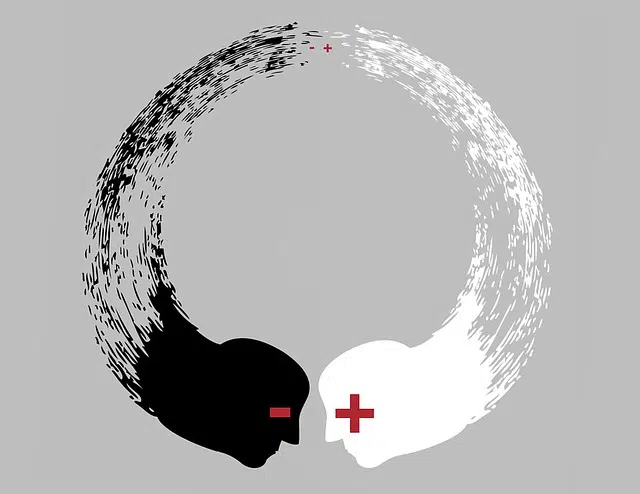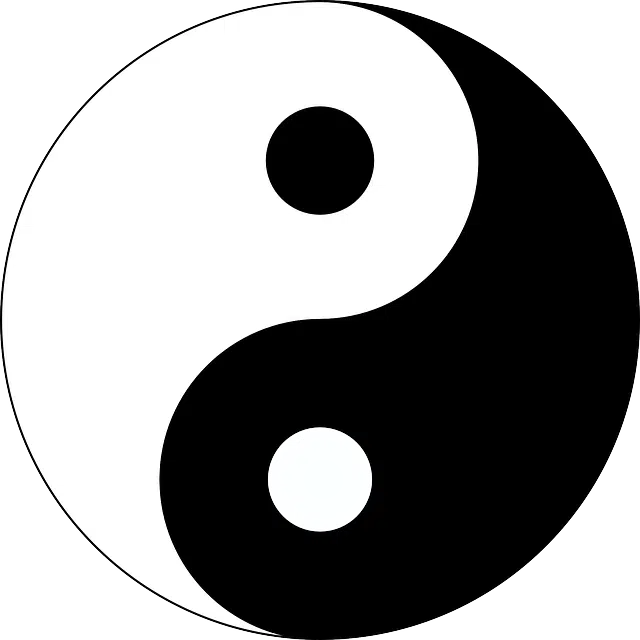
Duality refers to the coexistence of two different characters in the same person or entity.
From the Latin dualĭtas , the term duality indicates the existence of two different phenomena or characters in the same person or in the same state of things.
In the field of philosophy and theology , the doctrine that postulates the existence of two independent, antagonistic and irreducible supreme principles is known as dualism .
good and evil
In this sense, the notions of good and evil are an example of duality. Both can be defined by opposition and refer to two completely different essences. Matter-spirit and realism-idealism are other examples of concepts that make up a duality.
In this case, the entire set of existing dualist doctrines that, as we have mentioned, are based on this differentiation between Good and Evil have a series of features in common. Thus, for example, we find the fact that Good is always identified with light and also with spirit. For its part, Evil is associated at all times with darkness, with what is the bodily part and also with the Devil himself.
Duality in "The Strange Case of Dr. Jekyll and Mr. Hyde"
In this way, we can perfectly see that duality we are talking about in one of the most important literary characters in all of history. We are referring to the protagonist of the work “The Strange Case of Dr. Jekyll and Mr. Hyde”, which was created in 1886 by the Scottish writer Robert Louis Stevenson.
Specifically, it is about a scientist who has been able to create a potion that allows him to change physically and personally. Thus, when he becomes Hyde he becomes a violent man capable of ending the life of another human being. In this way, we witness the two faces that any person can have, the doctor represents Good and Hyde the most hidden, sinister and violent face of the human race.

In Chinese philosophy, the duality of the universe is symbolized by yin and yang.
The yin and the yang
Chinese philosophy appeals to the notion of yin and yang to summarize the duality of everything that exists in the universe. This idea can be applied to any situation or object, since it could be explained in the premise that maintains that in everything good there is something bad and vice versa.
However, throughout history there have been other important dualisms. In the case of philosophy we find, for example, the Prussian thinker Immanuel Kant who established the following duality: practical reason and pure reason.
theological duality
Theological dualism is based on the existence of a divine principle of good (associated with Light) as opposed to a divine principle of evil (Darkness). God is designated as responsible for the creation of good, while evil is attributed to the devil. Dualism, therefore, frees man from responsibility for the existence of evil in the world.
The Catholic Church opposes this duality since it defends an omnipotent and infinite God, without there being any evil that limits its potential. Everything that exists was created by God, nothing created by God can be evil.
